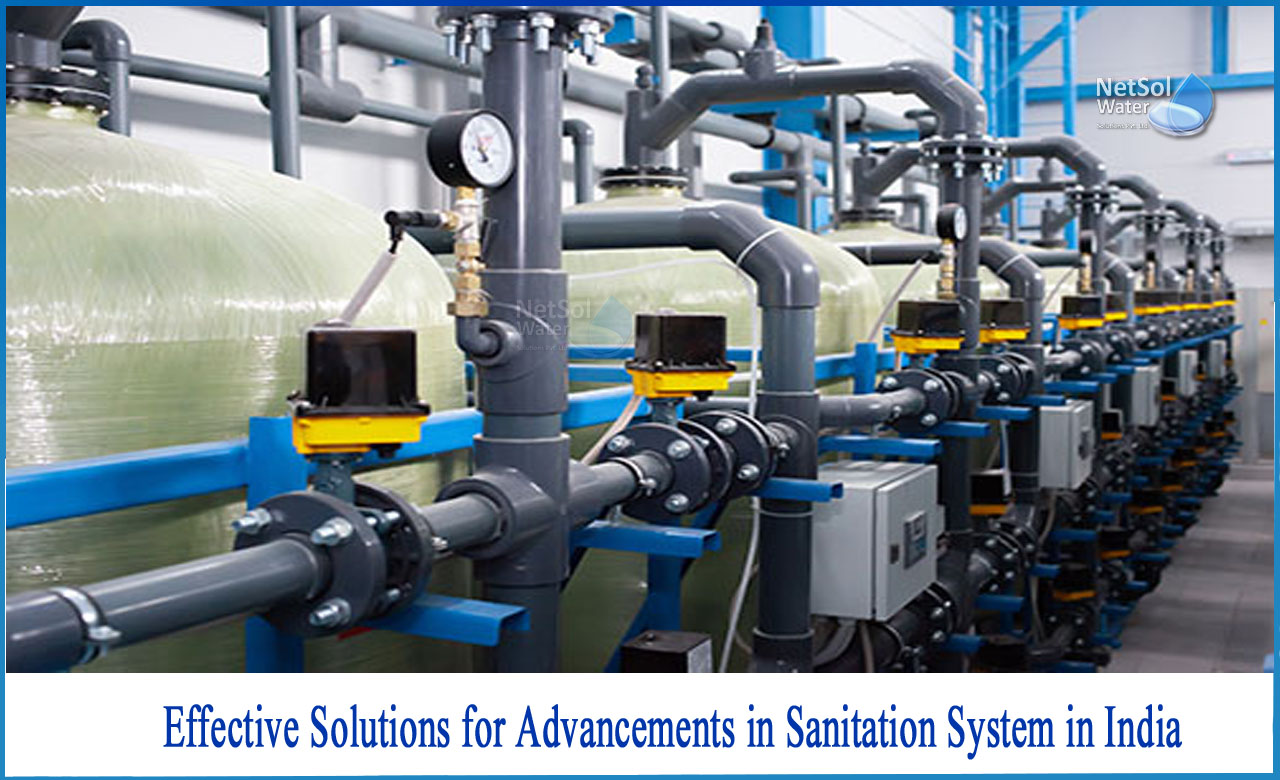What is the Effective solution of sanitation?
India has a population of 1.4 billion, more than 80% of whom live in rural areas.
By 2030, India will have a population of more than 1.5 billion, largest in the world. The rapid population growth is putting a strain on India’s existing hygiene systems. According to experts, sewers, septic tanks, and all waste management were not designed to feed such a large number of people. Many people do not have a toilet, so they follow open bowel movements. Public infrastructure and public toilets are also aging. Those who use or share pits leave when they are full, as the cost of emptying and logistics is unbearable for the locals. The same applies to septic tanks. This caused the problem of overflowing toilets and septic tanks.
The rainy season is a nightmare for locals as it pours trash into nearby rivers and sometimes even homes. This makes the drinking water harmful and toxic for use. The outbreak of cholera, diarrhoea, typhoid and other waterborne diseases are common. It is estimated that almost 331 children die every day due to Diarrhoea alone in India as perMay 2017 report by WHO.
The sanitation issues and related negative consequences cost India 2 trillion dollars annually due to deaths and minimizing productivity. Delhi is the capital of India where the majority of the population of about 50 – 60% live in informal housing. Less than 10% of this is connected to the city's sewers. The continued influx of people for urban dwelling and better opportunities will exacerbate the wastewater problem.
Role of Govt. agencies
Government agencies are helping to improve India’s sanitation system with the help of private stakeholders, plumbing companies and community leaders, as well as raising funds. The aim is to build public toilets, simplify logistics, management, waste collection from pits, and provide other solutions to critical problems such as providing safe drinking water to people, especially children.
Many hygiene issues still exist. For example, it is still difficult for rural India residents to pay for mechanical waste discharge services. In addition, as the population grows, India needs a reliable, long-term solution that can be deployed cheaply to reach the maximum number of people.
Portable Toilet
The Portable Toilet is touted as one of the things that canhelpIndia. Microbial treatment of septic tanks is also one of the best ways to improve hygiene, as it helps manage hygiene issues at the source.
Advanced solutions include enzyme-producing bacteria in septic tanks that act on and break down faeces. This completely prevents leaks and overflows in septic tanks. This eliminates the need for mechanical drainage of septic tanks and helps people save money. It also prevents the accumulation of sludge and suppresses unpleasant odours.
In addition, this is an easy-to-use solution that can be used by millions of people in rural areas. This can effectively reduce the burden on civil engineering infrastructure and state authorities. Moreover, unlike toxic and harmful chemical hygiene solutions, it is completely safe and natural.
Conclusion
Netsol Water is one of the leading firms that has created innovative biological treatment solutions for industrial and sewage treatment. The Netsol product line includes a powerful microbial mix that aids in the degradation of organic waste and improves the efficiency of biological wastewater treatment. Netsol products can be used to meet effluent release criteria while also protecting the environment.
Netsol Water is Greater Noida-based leading water & wastewater treatment plant manufacturer. We are industry's most demanding company based on client review and work quality. We are known as best commercial RO plant manufacturers, industrial RO plant manufacturer, sewage treatment plant manufacturer, Water Softener Plant Manufacturers and effluent treatment plant manufacturers. Apart from this 24x7 customer support is our USP. Call on +91-9650608473, or write us at enquiry@netsolwater.com for any support, inquiry or product-purchase related query.



